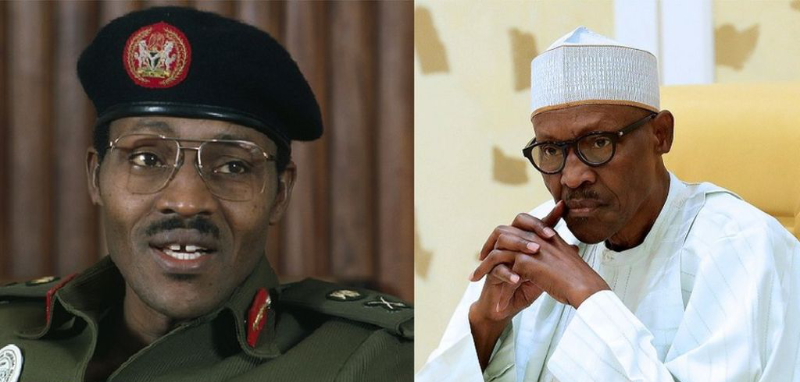Petroleum Bill back on the table with controversial provisions removed
Published on 2016 April 14, Thursday Back to articles
Militancy in the Niger Delta could get significantly worse, Nigeria Politics & Security reports, if the National Assembly has removed the Petroleum Host Community Fund from the proposed Petroleum Industry Governance Bill (PIGB) that will soon receive consideration in the House. This was one of the most controversial parts of the earlier Petroleum Industry Bill (PIB) that did not pass.

The Host Community Fund, which earmarked 10% of the net profit of oil companies to a fund that is set up for oil producing communities, had attracted partisan debates with members of the House from the north opposing it. They argued that the South South already received considerable funds from the industry. But South South members insisted on the provision’s inclusion, claiming it was required to compensate the communities suffering from environmental degradation caused by the exploration for crude oil on their lands.
Already, the Ijaw Youth Council (IYC) has issued a statement warning that any such removal will not be acceptable and will lead to increased trouble in the Niger Delta. Eric Omare, the spokesman of the IYC, called on members of the National Assembly from the South South to reject the proposed PIGB, if brought to the floor.
However, the House has denied removing the Host Community Fund saying it is contained in another aspect of the bill that will be considered later. An unnamed member of the House revealed to the media that the Host Community Fund is captured under the fourth bill on the petroleum sector that will be presented for consideration, the Petroleum Revenue Bill. The members also claimed that two other bills, the Fiscal Regime Bill and the Upstream and Midstream Administration Bill, will also be presented to the House for passage.
There are other significant changes in the new PIGB. These include the replacement of NNPC with a new company, the Nigeria Petroleum Company (NPC). The bill shows that 40% of this company will be sold within 10 years of it coming into existence, and 10% of that is expected to be sold within five years. The Federal Government is expected to keep a 51% stake in the company. Despite the majority government holding, the bill proposes that the NPC be exempted from the Fiscal Responsibility Act 2007 and the Public Procurement Act to give it some level of flexibility in carrying out its operations.
The new bill is silent on local content, another aspect of the original proposal that oil majors were not comfortable with, as it could have constrained their operations. The bill is proposing the scrapping of the Ministry of Petroleum Resources and replacing it with a Ministry of Petroleum Incorporated. The PIGB also suggests the creation of the Nigeria Petroleum Regulatory Commission (NPRC) to replace the Department of Petroleum Resources, the Petroleum Products Pricing Regulatory Agency and the Petroleum Inspectorate. A governing board headed by a non-executive chairman is expected to be in charge of the commission, if established.
The bill also proposes the establishment of the Nigeria Petroleum Asset Management Company, which will manage other non-oil assets of the legacy NNPC. Barring any distractions, commencement of debate on the bill will start on 12 April, when the House resumes from its Easter break. The bill is expected have a smooth passage through both chambers of the legislature, since it has been jointly worked on. Bukola Saraki’s trial and the controversy on the budget are the two issues that could delay its consideration.



